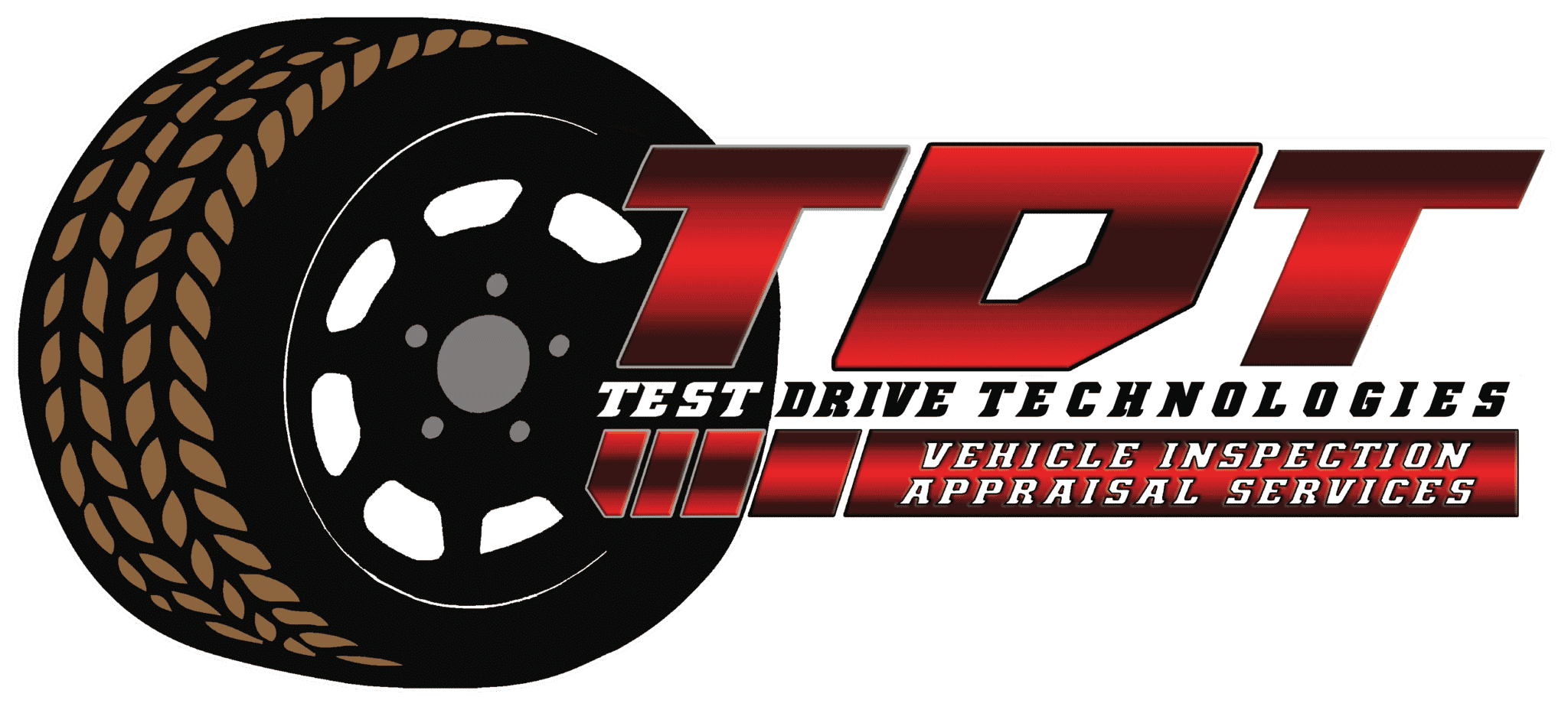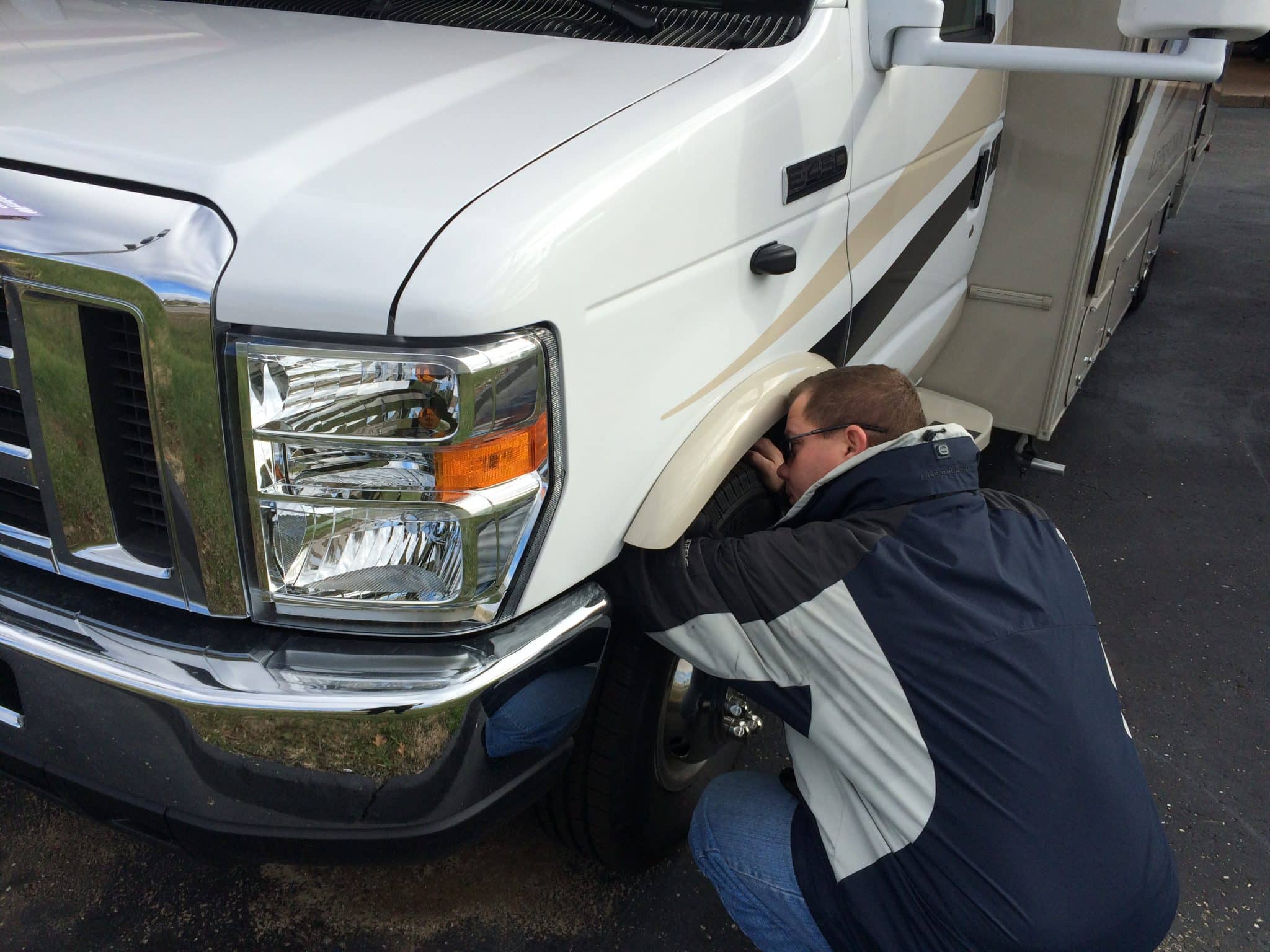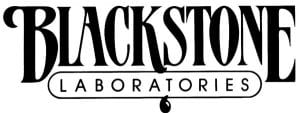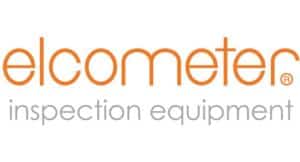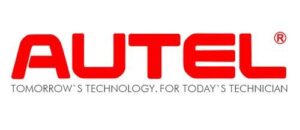HERE IS HOW TO HELP YOUR EXPERT WITNESS WITH YOUR CASE
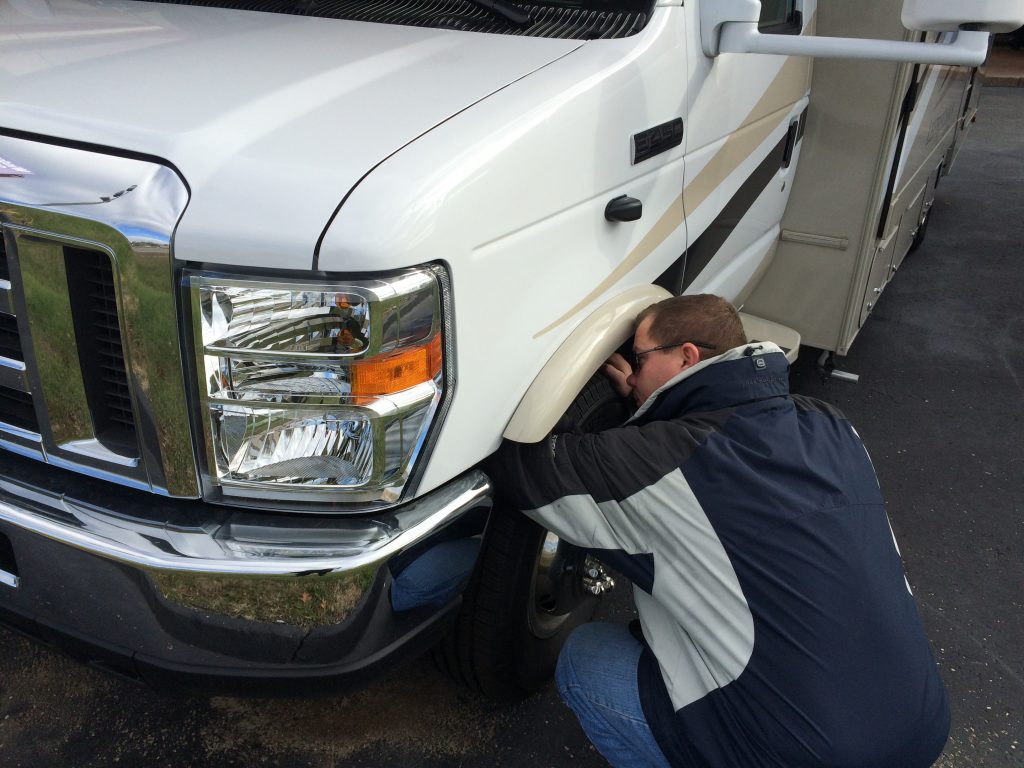
WHAT IS AN EXPERT WITNESS
Your attorney has suggested hiring an expert to review your case materials and possibly inspect your vehicle, but what exactly is an expert witness? Essentially, expert witnesses are individuals who are considered authorities in their specific field of study or practice. In cases involving vehicle disputes like lemon law claims or breach of warranty, expert witnesses typically include mechanics or professional vehicle inspectors with extensive certifications and experience. These experts have conducted numerous vehicle inspections in the past or have carried out numerous repairs. Typically, an expert witness specializes in a particular area, such as mechanical breakdowns or drivability issues.
Your attorney is the expert in selecting the right expert for your case. It’s best to trust their judgment in this matter. If your case involves lemon law, breach of warranty, fraud, or misrepresentation, chances are your attorney already has a roster of trusted experts they work with regularly. If your attorney has advised hiring a vehicle inspector as an expert witness, the following tips can help your expert prepare for your case:
DOCUMENTATION
To begin with, it’s crucial to recognize that experts remain objective and can only work with the information provided to them. Their opinions rely solely on the data you supply. Thus, the more comprehensive your records and documents, the stronger the opinion they can form for your case. Many cases are dismissed or fail to proceed to court due to insufficient information available for the expert to develop a solid opinion. In my experience, I’ve encountered several such cases, though I don’t proceed with those lacking proper documentation. Here are some key points to guide your expert inspector on this journey.
Providing a concise narrative serves as a helpful starting point for your expert to begin their investigation. Some clients find it useful to create a timeline detailing when the vehicle underwent repairs or when issues arose. However, it’s important to focus on the specific issues with the vehicle rather than personal anecdotes. Your narrative should highlight the types of problems experienced, such as leaks, shaking, vibrations, or electrical issues, along with the frequency of repairs for each issue. It’s essential that your story aligns with the details documented in your repair records. Even if you’ve written it down, your expert cannot substantiate your claim without corresponding evidence in the repair documents.
Purchase documents are crucial in establishing ownership of the vehicle. Without clear and legible purchase documents, the expert vehicle inspector cannot confirm your ownership. Your expert requires an authentic and complete copy of the purchase agreement, which should be readable and unaltered. It’s essential that the document is provided in its entirety, without being broken into multiple photos or close-ups. Additionally, the purchase documents are necessary to verify the purchase price of the vehicle. This should reflect the vehicle’s price alone, excluding taxes and dealer add-ons. Often, taxes and fees are bundled into the financing agreement, and some states do not mandate separating these figures. Other helpful documents include the bill of sale, finance agreement, warranty or vehicle service contracts, title application, sales tax, and tax receipts. It’s crucial that these documents are provided in their complete form, legible, and clear. Most vehicle inspection experts prefer these documents to be scanned into individual PDF files and properly labeled. Remember, your expert is likely compensated hourly, so simplifying the process saves time and money. Regarding documentation, experts typically prefer to receive documents through your attorney to ensure proper updating of the case file. This practice may seem redundant, but it ensures that your records are accurately integrated into the case file, as experts do not directly update your attorney’s office.
THE REPAIR DOCUMENTS
Repair documentation is paramount for your case, particularly in lemon law and breach of warranty claims, as your expert will heavily rely on it. Lemon law mandates that the manufacturer be given reasonable time and repair attempts to rectify vehicle issues. Determining what constitutes “unreasonable” varies, and this is where your expert’s expertise becomes crucial. Some issues are more challenging to resolve, and repairs may take longer. However, your expert’s assessment is limited to the information provided to them. If you believe your vehicle has been examined six times for a recurring issue like a leaking oil pan, the repair records should reflect this or something similar. Your expert can only comment on what’s documented. Therefore, thorough documentation is essential. Ensure all repair visits are recorded and, if necessary, update and resubmit documentation to your expert. Similar to purchase documents, your expert needs access to all pages of the repair documents, including routine maintenance like oil changes and tire rotations. These not only indicate preventive maintenance but also address initial questions about your case. Vehicle inspection experts prefer clear, well-organized files. Sending photos of repair records page by page creates confusion and delays. Conversely, organizing and scanning documents into individual files with clear labels, such as the repair order or invoice number, streamlines the process for your expert.
THE INSPECTION PROCESS
In many instances, an onsite physical inspection of your vehicle becomes necessary. Typically, these inspections occur at your residence or workplace. Before the inspection, it’s advisable to have the vehicle cleaned, both inside and out. While it doesn’t need a full detailing, a basic clean and vacuum greatly aid the inspector. There’s no need to stress about the inspection; the expert is not there to pass judgment but simply to assess the vehicle and document reported issues.
Occasionally, a test drive may be part of the inspection process. In such cases, I usually request that the client accompanies me during the drive to demonstrate their concerns. It’s important to drive normally and avoid exaggerating the issue, as experts can easily see through it. Exaggeration only weakens your case and raises doubts about the validity of your concerns.
The extent of the inspection varies. Sometimes, it involves a thorough examination of the entire vehicle, while other times, only the specific location of the issue is inspected. In most cases, experts review repair records and files beforehand to understand the situation and what to look for. During the inspection, focus on communicating the main concerns rather than overwhelming the inspector with minor details. Stick to the key points about the vehicle’s issues. If the inspector only checks a few things and concludes, don’t be surprised; this may indicate a lack of documentation necessitating a more detailed inspection. Remember, thorough documentation is crucial, and time is of the essence.
DUPLICATION
Driving away the gremlins is often a primary task for inspectors. Our goal isn’t to doubt the existence of your issues; rather, we’re present to witness and document the problems you’re experiencing. Here are some tips to ensure we can effectively observe or replicate your concerns.
Firstly, pay close attention to when the issues occur during your normal vehicle operation. Note factors such as outside temperature, duration of driving, speed, acceleration or deceleration, braking or coasting, and whether you’re turning left or right, as well as whether the vehicle is warm or cold. Being able to replicate the problem is vital for your inspector and provides valuable information for documenting your case.
For intermittent electrical problems, it’s crucial to pay attention to how you operate the controls and the environment in which you use them. For example, I once encountered a client with an entertainment screen issue that only occurred when her phone was connected via Bluetooth and received a call, but not when connected via USB. Through on-site troubleshooting, we discovered that the issue arose when the caller’s contact name contained special characters that the entertainment system couldn’t display during the call. Removing those characters resolved the problem. Sometimes, it takes a fresh perspective to identify the root cause. I wouldn’t have deduced it myself; I just noticed the special characters in the phone’s contact list and connected the dots. Later, that same issue became a Technical Service Bulletin (TSB) for the manufacturer, benefiting hundreds of other vehicle owners.
TAKE A WAY
In conclusion, it’s essential to emphasize that a strong case is built on thorough documentation. This includes purchase documents, repair records, Technical Service Bulletins (TSBs), recalls, vehicle history reports, and detailed timelines. The more documentation you can provide to your vehicle inspection expert witness, the stronger your case will be presented. Additionally, ensure that your documents are well-organized. Name your files appropriately, ensure they are easy to read and view, and verify that they are complete with no missing information. A well-prepared and organized documentation package significantly enhances the effectiveness of your case presentation.
FREE CHECKLIST OFFER
To assist you further, we’ve prepared a concise checklist for gathering your case and files before sending them to your attorney or expert witness inspector. There are no gimmicks or forms to fill out. Simply click download to access your free checklist today.
